Holy Week and Triduum
NLC ARTICLES

This article contains an explanation of the symbolism and liturgical richness of the Chrism Mass, where oils are blessed and priestly unity is affirmed.

As the heart of the liturgical year, the Easter Triduum is introduced here as a profound three-day celebration of Christ’s saving work.
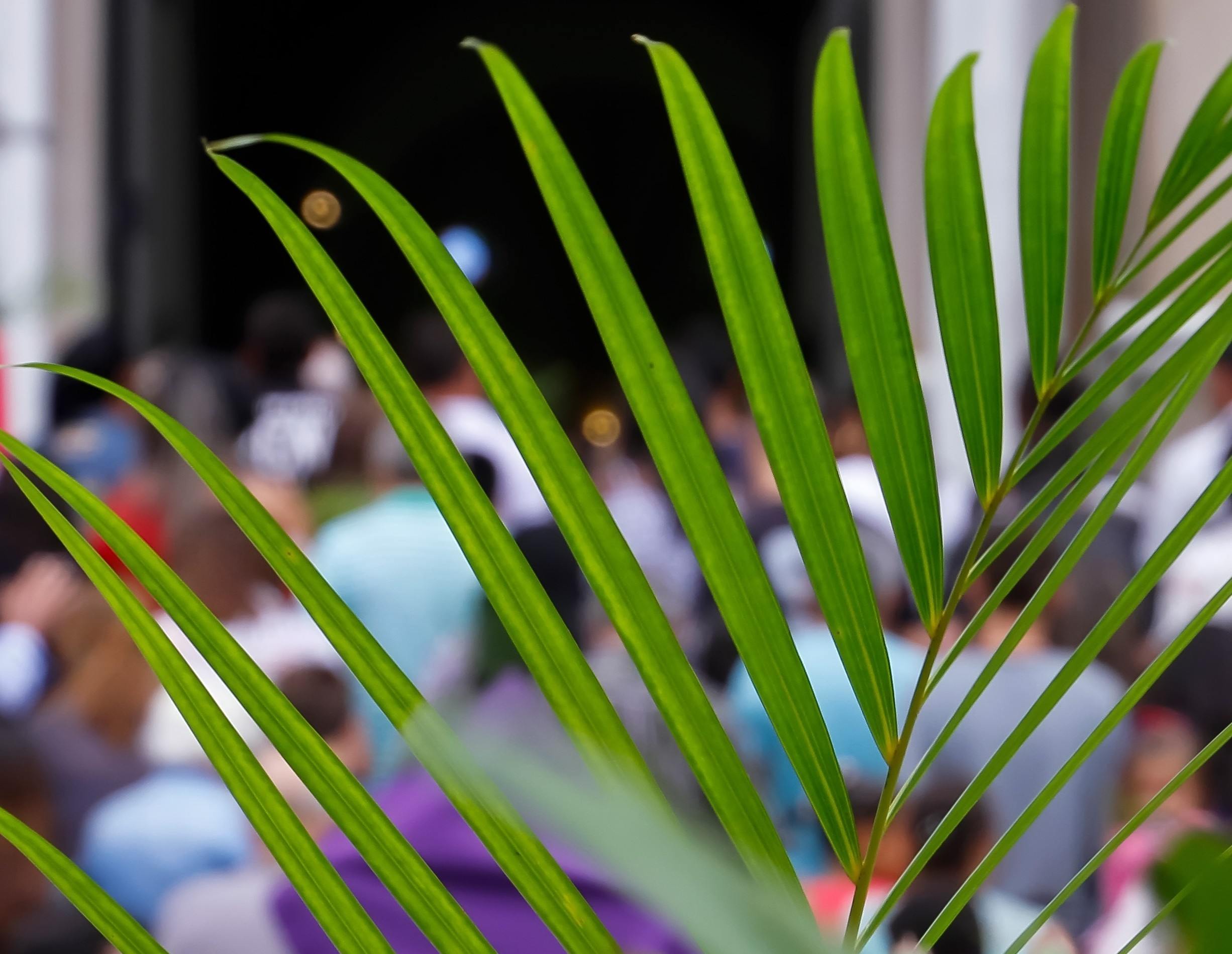
This insightful article offers a deep dive into the liturgies of Holy Week, examining their structure, meaning, and connection to the Paschal Mystery.
JOURNAL ARTICLES
Liturgy News
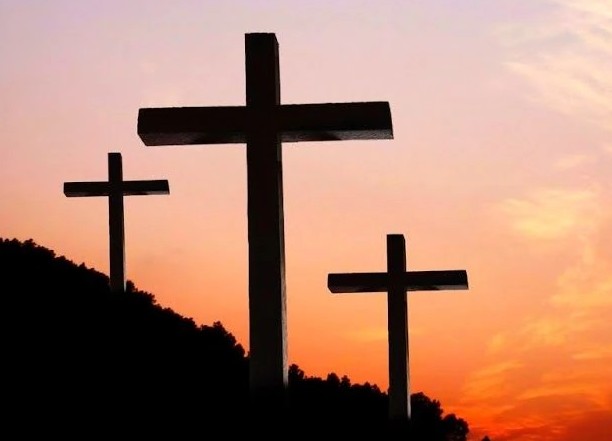
Beginning on Holy Thursday evening with the Mass of the Lord’s Supper, the Triduum traverses all that is at the heart of the Christian faith, with Friday of the Passion of the Lord, Holy Saturday, the Easter Vigil, and Evening Prayer on Easter Sunday. It is not uncommon for a priest to be responsible for more than one church, and for celebrations to occur across many venues.
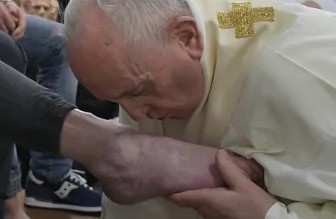
The ritual washing of feet is a participation in Jesus’ life of loving service, a self-sacrificing love that leads directly to the cross and God’s vindication. Our participation in Christ, who came not to be served but to serve, suggests that we might wash the feet of the poor and marginalised, the young and the old, the sick and the healthy, women and men.
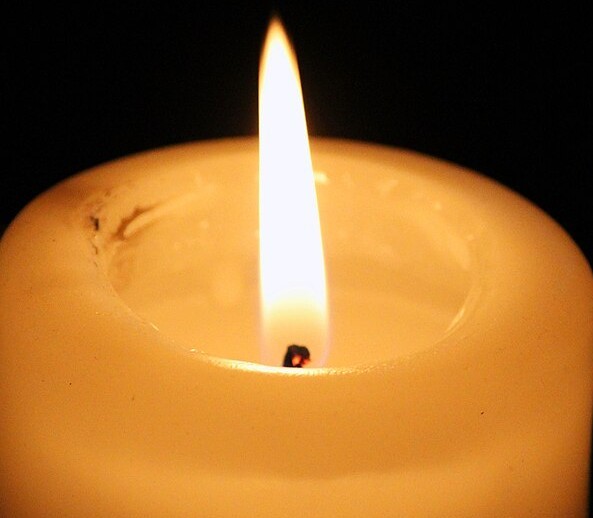
The Exsultet employs rich imagery to tell of the greatest events of our salvation story, however it is long and challenging to read, and needs to be proclaimed well if it is to be prayed well. There are many different and shorter versions of the Exsultet, although the initial text is the most powerful, especially in a musical setting.
BULLETIN ARTICLES
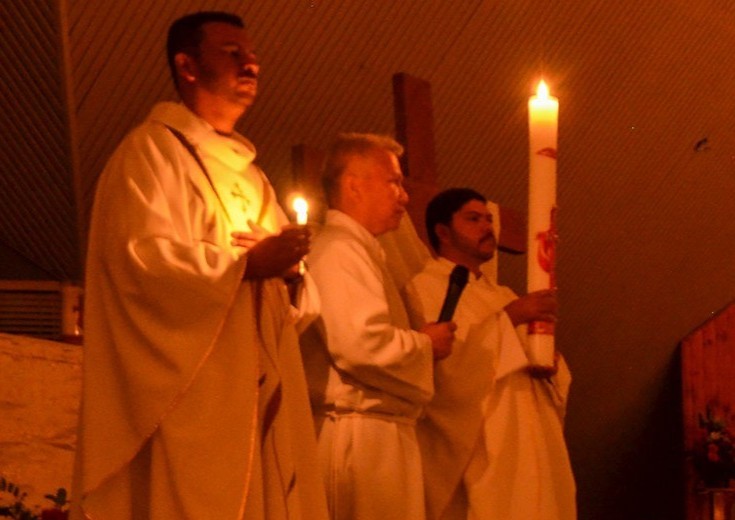
This accessible article invites the faithful to enter more deeply into the mystery of Christ’s Passion, death, and Resurrection over the three sacred days.
PODCASTS
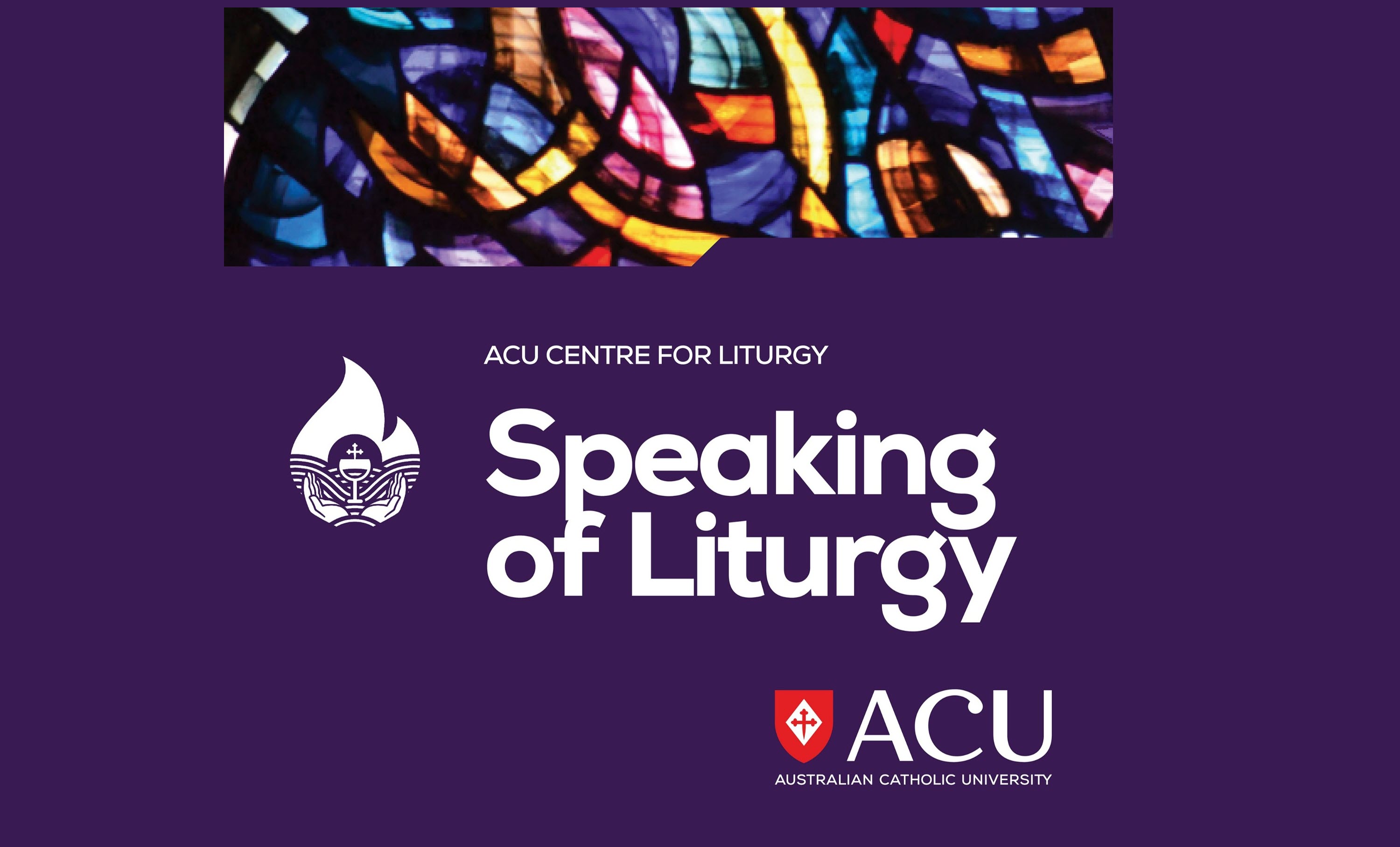
Paul Taylor explores the meaning and history of the oils that are blessed and consecrated during the Chrism Mass in Holy Week.

